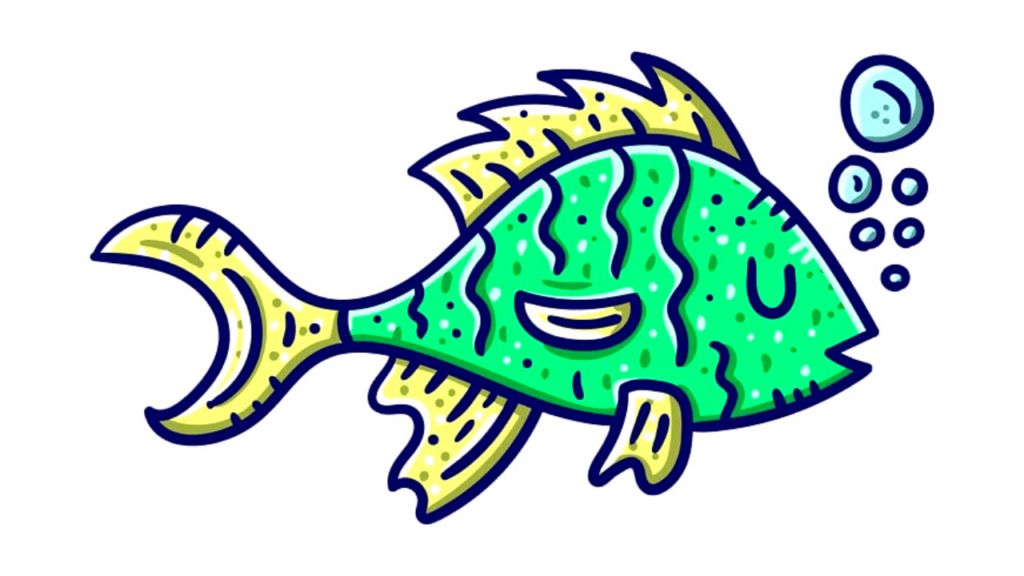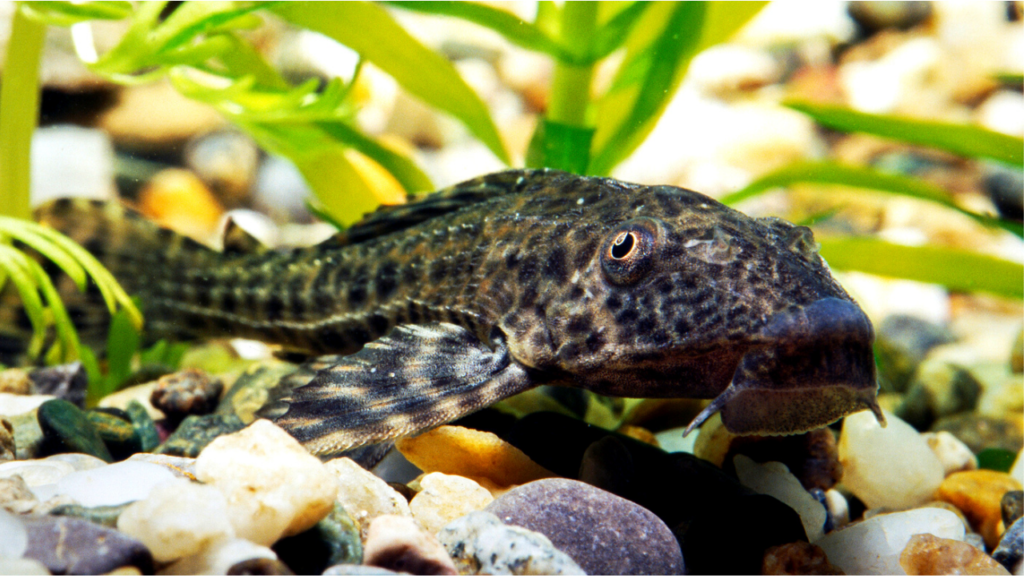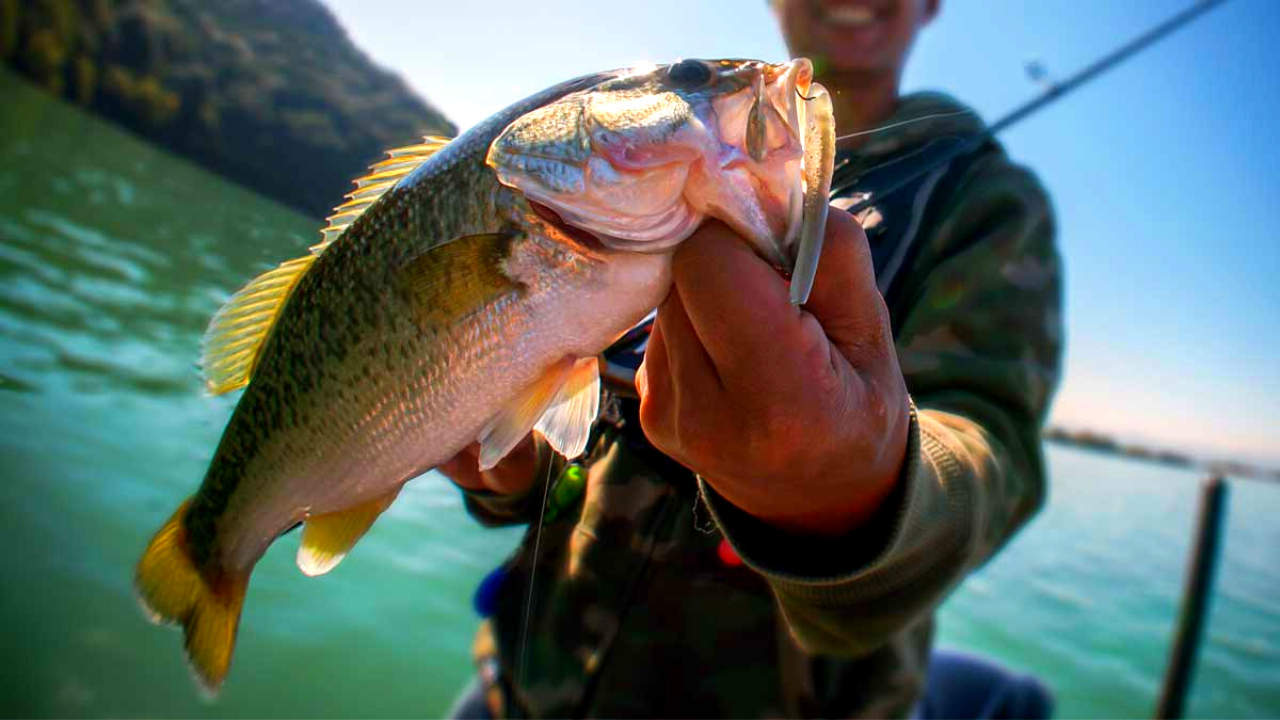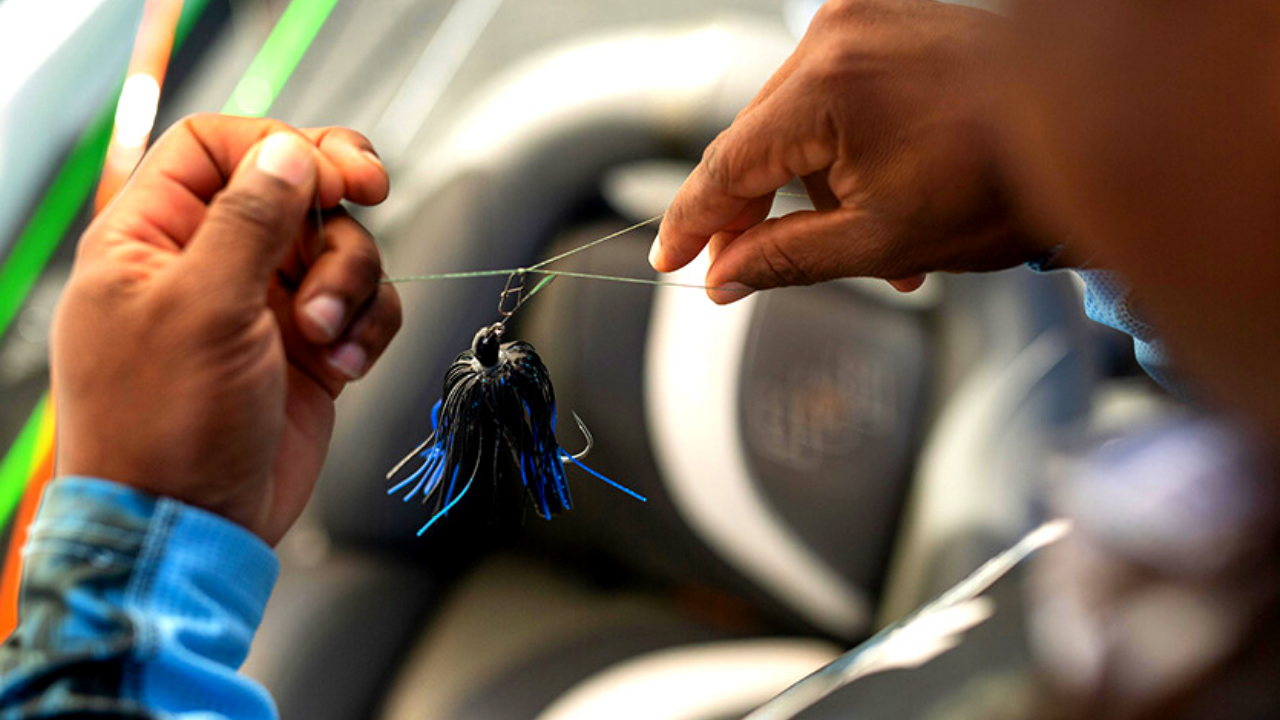Do you want to know do fish sleep? When do they sleep if they do? What do they do to sleep? This content addresses these and many other questions. Continue reading to learn more about fish sleeping habits.
Fish are one-of-a-kind creatures. However, one might wonder if they sleep. After a long day of activity, animals require rest.
Sleep has several advantages, including the ability to revitalize the bodies of both animals and humans. Humans, on the other hand, have a different sleeping pattern than animals.
Different Sleeping Patterns
Sleeping patterns differ between humans and animals. After a stressful day, humans sleep for about eight hours at night. Animals, on the other hand, can sleep at various intervals, with some sleeping for the majority of the day.
Some dogs, for example, can sleep up to 15 hours per day. These dogs are only useful when they are sleeping. As a result, sleep deprivation may result in poor health for them. Sleep also aids animals in their interpretation of information.
Fish Sleeping
When an animal is sleeping, it is easy to tell. They have the ability to lie down, close their eyes, and not respond to external stimuli. According to scientific evidence, the neocortex does not respond when animals or humans sleep.
Fish have a unique sleeping pattern because they do not have eyelids. As a result, they have nothing to close and show that they are sleeping. They also lack a neocortex, unlike other mammals. Now we must answer the next critical question: do fish sleep?

Do Fish Sleep?
Because there is no indication that fish sleep, it is necessary to inquire. Similarly, we must answer critical questions such as, “How do fish sleep?” and “When do fish go to sleep?”.
Fish, according to researchers, exhibit a different restful state. They enter a state of rest, despite the fact that the body is still metabolically active, have a slower rate of breathing, and have less brain activity. The advantage of this sleeping state is that it helps the fish resist diseases and improves their overall health.
Nonetheless, the answer is straightforward – fish sleep. However, it is done in an unusual manner compared to the usual form seen in animals.
How Do Fish Sleep?
Sleeping in fish can be similar to sleeping in other animals. A similarity is that fish remain motionless while sleeping. They have a slower breathing rate.
Furthermore, they have little or no awareness of an intruder and can be easily picked up with one’s hand.
Some fish species have been observed to have a similar sleeping pattern to humans. These fish, like humans, some reptiles, and the majority of birds, sleep deeply. The only noticeable difference is that fish do not have Rapid Eye Movement (REM) during these times. They also lack an eyelid that allows them to close their eyes.
In contrast to most fish, which do not move while sleeping, some sharks may move while sleeping. Isn’t that incredible? While at rest, these sharks use their gills to breathe.
When it’s time to sleep, some species will make a sleeping bag. These fish are known as wrasses and parrotfish. Researchers have demonstrated that the mucus cocoon protects the fish from parasites and predators.
Where Do Fish Sleep?
When they want to sleep, different fish sleep in different places. Some fish sleep in the deepest parts of the sea. Some hide in the sands or beneath grottos or caves. Some float, while others hover motionless.
Some are found in the water near plants, corals, driftwood, or other objects. They keep their balance with their fins in these areas. If you keep an aquarium, you might be scared to see some of the fish stuck in certain places. There’s no need to be concerned because they only do this while sleeping.
When Do Fish Sleep?
As previously stated, fish, like animals and humans, have similar sleeping patterns. Nonetheless, many fish, like many animals, are diurnal. They are diurnal, which means they are more active during the day and sleep at night.
Some animals, however, are nocturnal and prefer to be active at night. They sleep in a crevice or cave during the day. Plecostomus, catfish, loaches, knife fish (not all of them), and other fish species are examples. As a result, it is critical for a fish keeper to understand the various fish species and to be able to answer the question, “When do fish sleep?”
Consider the following scenario: if some diurnal fish are kept together with nocturnal fish, the diurnal species will prevent the nocturnal species from sleeping during the day, while the nocturnal species will reciprocate at night. As a result, they may suffer from poor health and decreased productivity.

Are there Times when Fish Do Not Sleep?
It has been demonstrated that fish do not sleep when they are nursing their young.
Furthermore, some Tilapia species do not sleep until they are 6 months old. Some migrating fish do not sleep, at least not until they reach their new home. The blind cavefish is another species of fish that does not sleep. They’re always in the dark, and it’s difficult to tell if they’re asleep or awake.
How to Know when a Fish is Sleeping?
When a fish is sleeping, there are signs to look for. Be wary if;
- They remain motionless for an extended period of time.
- They can be found at the bottom of a pond, in an aquarium, or hanging from an aquarium object.
- They rarely react to what is going on around them.
- They show the aforementioned characters at the same time every day. That is their circadian rhythm – an animal’s or human’s body clock..
Can the Fish Experience Sleep Disorders?
There has been very little research done on fish and possible sleep disorders. However, a small amount of effort has demonstrated that fish tend to sleep for a longer period of time after being deprived of sleep for a longer period of time.
For example, if one combines nocturnal and diurnal species and both have disturbed each other’s sleeping time, a change in environment will cause them to sleep longer.
Furthermore, light has been shown to be a significant external factor that prevents any fish from sleeping. This hypothesis is easily testable in an aquarium. Make a noise and shine a light on a sleeping fish. Observe their reaction to see if light interferes with their sleep more than noise or other forms of distraction.
However, more research is required in this area.
Conclusion
Fish, like other animals, require sleep in order to live a long and healthy life. Sleep is a priority for humans, and it is also a priority for fish. Remember this when deciding when to go fishing.



1 comment